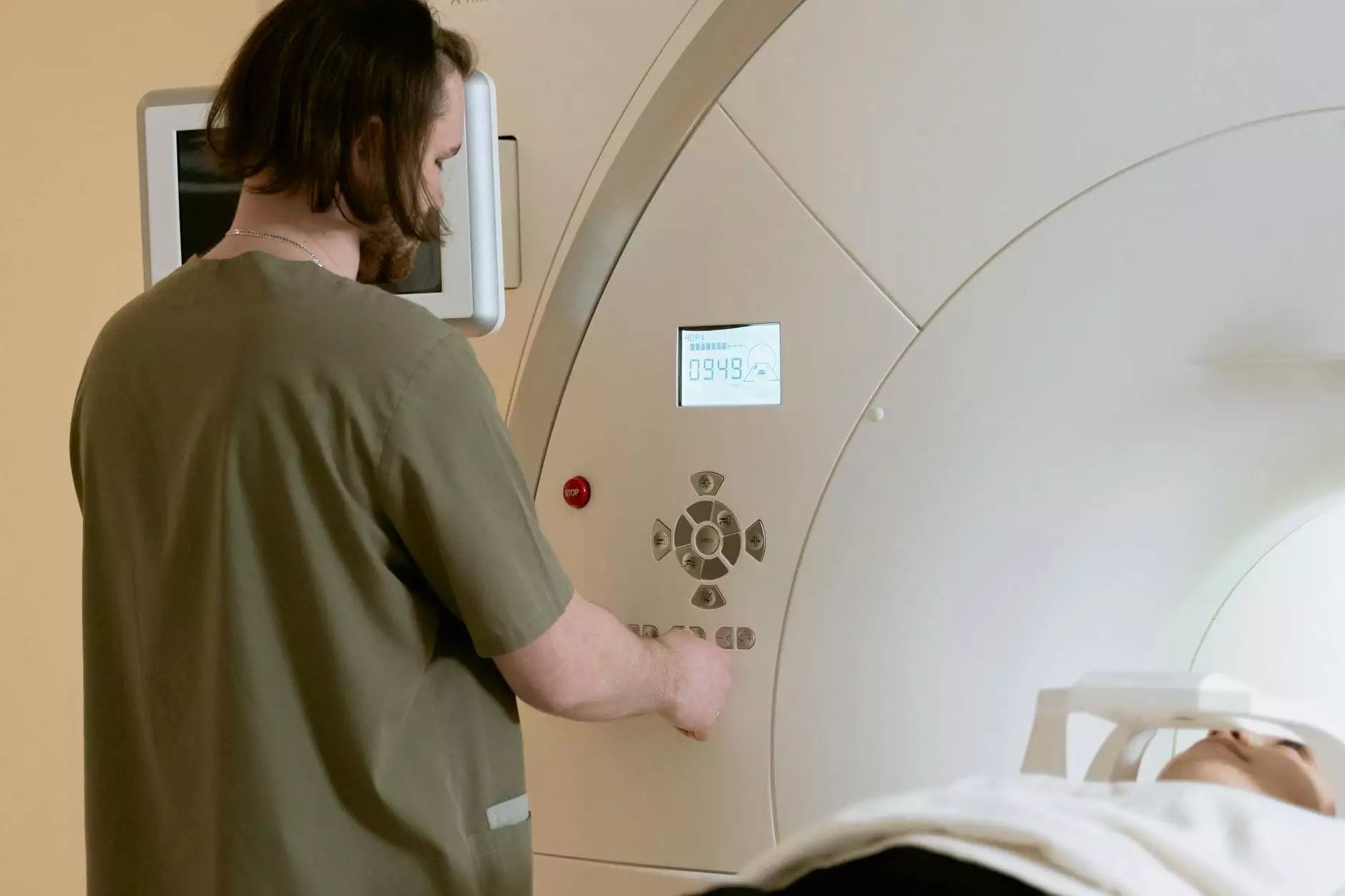Mastering Medical Coding Classes: A Transformative Educational Journey

In the ever-evolving landscape of the healthcare industry, medical coding has emerged as a crucial discipline that ensures the seamless functioning of medical records, billing, and healthcare analytics. As healthcare organizations increasingly rely on precise data management, the demand for certified medical coding professionals has soared to unprecedented heights. This article explores the significance of medical coding classes, their content, career prospects, and how they can empower individuals to thrive in the healthcare domain.
The Importance of Medical Coding in Healthcare
Every healthcare provider generates vast amounts of data daily, ranging from patient visits and treatments to medical histories and billing information. Medical coding serves as the backbone of this data, translating complex medical information into standardized codes that can be easily interpreted by various stakeholders, including healthcare providers, insurers, and governmental entities.
Key Reasons Why Medical Coding is Essential
- Financial Accuracy: Medical coding ensures accurate billing and reimbursement processes, minimizing the risk of financial losses and disputes between healthcare providers and insurers.
- Data Integrity: Proper coding supports maintaining the integrity of patient records, which is crucial for effective treatment and care continuity.
- Research and Analysis: Accurate coding contributes to healthcare research, allowing institutions to analyze trends, treatment outcomes, and resource allocation efficiently.
- Regulatory Compliance: Healthcare organizations must comply with various regulations and standards, making precise coding paramount to avoid legal issues and penalties.
What Are Medical Coding Classes?
Medical coding classes are specialized educational programs designed to equip students with the knowledge and skills necessary to become proficient in the art and science of medical coding. These classes combine theoretical knowledge with practical applications, covering a range of topics that are integral to understanding and executing effective coding practices.
Core Components of Medical Coding Classes
The curriculum of medical coding classes can vary based on the institution and the specific course offerings. However, a typical program will cover the following core components:
- Introduction to Medical Coding: Understanding the role of a medical coder, the coding process, and the importance of accuracy.
- Medical Terminology: A foundational course that introduces students to the language of medicine, enabling them to accurately interpret medical records.
- ICD (International Classification of Diseases) Coding: In-depth training on the ICD coding system, including the latest coding updates and guidelines.
- CPT (Current Procedural Terminology) Coding: Instruction on coding for medical procedures and services to ensure accurate billing.
- HCPCS (Healthcare Common Procedure Coding System) Coding: Learning about the codes for various healthcare services, including outpatient services and medical supplies.
- Compliance and Ethical Issues: Understanding the legal and ethical considerations in medical coding to ensure compliance with healthcare regulations.
- Practical Coding Exercises: Hands-on training where students practice coding real-world medical scenarios to build proficiency.
- Preparation for Certification: Preparing students for national certification exams, an essential step for career advancement.
Career Opportunities in Medical Coding
1. Medical Coder
As a medical coder, you will be responsible for reviewing patient records and transcribing the necessary codes for diagnoses and procedures. Your role will be vital in ensuring that the healthcare facility receives proper reimbursement for services rendered.
2. Coding Specialist
Coding specialists often work in specialized areas such as outpatient coding, inpatient coding, or auditing. They must have a deeper understanding of specific coding systems and payer requirements.
3. Health Information Technician
In this role, you would be tasked with managing health information systems, ensuring the accuracy and security of patient data, and working closely with medical coders and billers.
4. Medical Billing Coordinator
While overlapping with coding, medical billing coordinators focus more on the financial side of healthcare, ensuring accurate billing processes and resolving discrepancies with payer organizations.
5. Compliance Auditor
Compliance auditors review coding practices to ensure adherence to regulatory standards and internal policies, identifying areas for improvement and corrective actions.
6. Instructor
With experience and further certification, you could also consider teaching future coders, sharing your expertise and knowledge to help develop the next generation of professionals.
How to Choose the Right Medical Coding Program
With numerous programs available, selecting the right medical coding classes is vital for your career success. Here are some key factors to consider when evaluating different programs:
Accreditation and Certification
Ensure that the program is accredited and recognized by relevant professional organizations such as the American Academy of Professional Coders (AAPC) or the American Health Information Management Association (AHIMA). Accreditation signifies that the program meets established standards for educational quality.
Curriculum and Course Offerings
Review the course content to ensure it covers essential topics, including ICD, CPT, and HCPCS coding, as well as ethical issues and compliance standards. A comprehensive curriculum will better prepare you for certification exams and real-world applications.
Mode of Instruction
Determine whether the courses are offered in person, online, or in a hybrid format. Online classes offer flexibility, while in-person classes can provide valuable networking opportunities.
Instructor Qualifications
Investigate the qualifications and experience of the instructors. Industry professionals with firsthand coding experience can provide invaluable insights and mentor students effectively.
Support for Certification Exams
Inquire if the program includes support for exam preparation, such as review classes, practice tests, and access to study materials. Assistance in preparing for certification exams enhances your chances of success.
The Path to Certification
Obtaining certification is a crucial step after completing medical coding classes. It not only validates your skills but also enhances your employability and potential for career advancement. The most recognized certifications in the field include:
- CPC (Certified Professional Coder): Offered by AAPC, this certification focuses on outpatient coding and is highly regarded in the industry.
- CCS (Certified Coding Specialist): Offered by AHIMA, this certification is ideal for those who work in complex inpatient coding environments.
- CCA (Certified Coding Associate): A good entry-level certification for those who are new to the coding profession.
- CRC (Certified Risk Adjustment Coder): This certification specializes in risk adjustment coding, focusing on accurate documentation for quality patient care.
Advancing Your Career in Medical Coding
After establishing your career in medical coding, consider furthering your education and professional development. The healthcare industry is dynamic, and staying updated with the latest coding guidelines, technologies, and regulations is essential. Here are a few ways to enhance your career:
Pursue Continuing Education
Engaging in professional development opportunities such as workshops, seminars, and additional coding certifications can deepen your knowledge and expertise.
Join Professional Associations
Becoming a member of organizations such as AAPC or AHIMA can provide networking opportunities, resources, and access to industry news.
Seek Advanced Positions
As you gain experience, explore opportunities for advancement into leadership roles or specialized areas, such as coding audits or compliance management.
Engage in Networking
Networking with industry professionals can lead to mentorship opportunities and job referrals, helping you stay informed about job openings and trends.
Conclusion
Embarking on a journey through medical coding classes represents not only a commitment to personal and professional growth but also an opportunity to significantly impact the healthcare sector. As demand for qualified coders continues to rise, investing in this educational path is an excellent choice for those seeking a rewarding and stable career. With the right knowledge, certification, and continual learning, you can carve out a successful future in the dynamic field of medical coding.
For more information on medical coding classes and how to get started, visit medesunglobal.com today. Your journey towards becoming a proficient medical coder is just the beginning!









